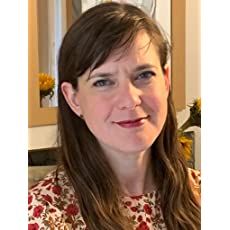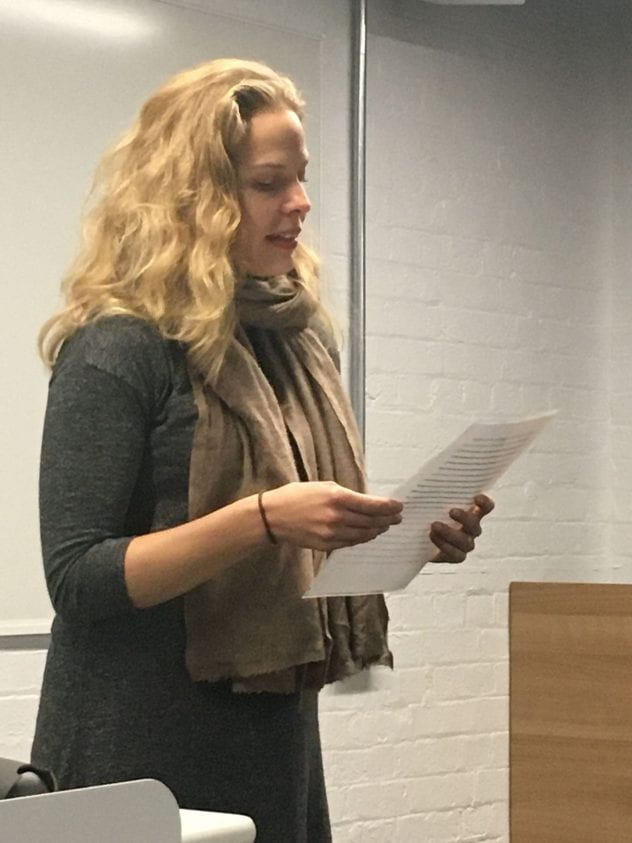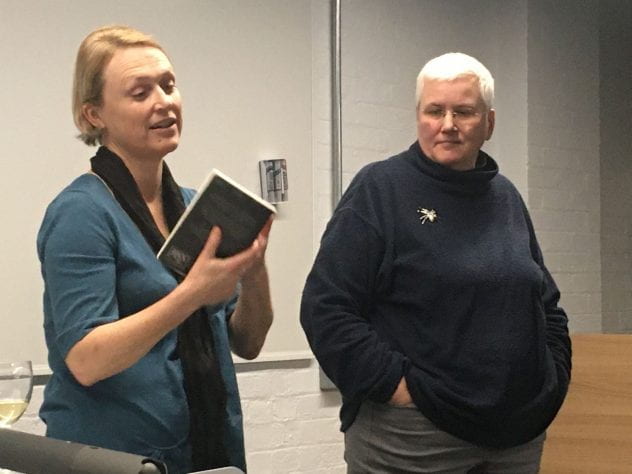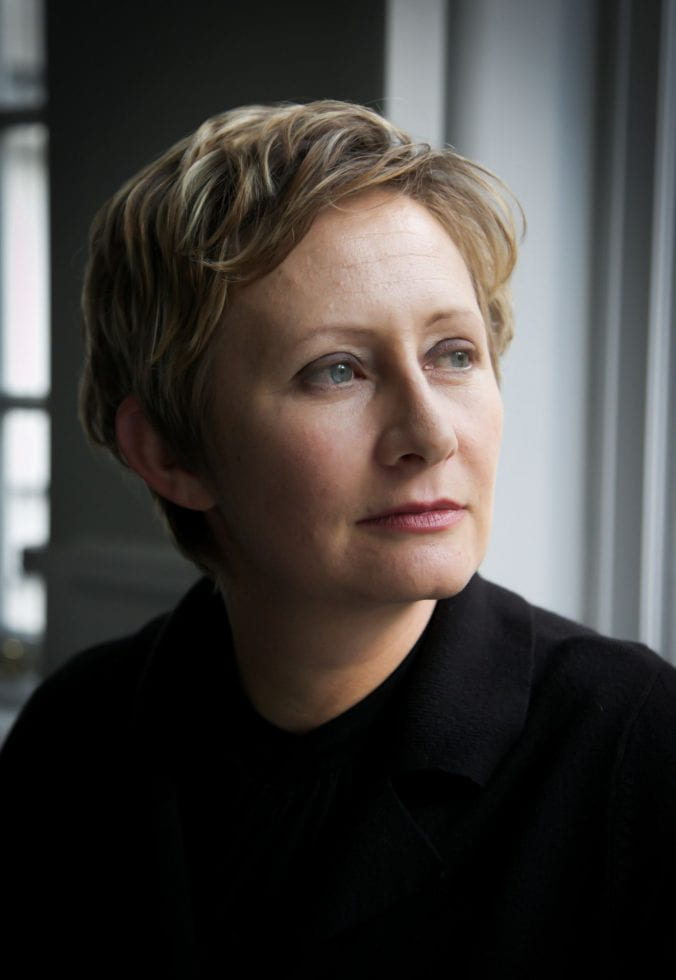The Road Less Travelled: City short course alumnus Simon Culleton’s long journey to publication
By Simon Culleton
‘I know a literary agent,’ said my opponent as we passed at the net. I tried to act casual to disguise my eagerness so waited until we had played two more games and passed again. I feigned breathlessness.
‘Perhaps,’ I said still catching my breath, ‘Perhaps you might want to put in a word for me.’ He sucked the air through his teeth and looked as though I had just asked for one of his kidneys. He waited until we were stood in front of a crowd of people on the clubhouse veranda before counting off three fingers.
‘One, I’ll need a letter of introduction, he said. ‘Two, a brief outline of what the book is about and three…’ he now had the complete attention of a gathering crowd, ‘And Three, I’ll need the full manuscript with no spelling mistakes.’
‘What, no spelling mistakes?’ I didn’t say that of course, I just accepted his request with a subservient bow of my head. I’m a writer, and like all writers am desperate to get published.
I’d love to tell you that I let him win the tennis match, but he far outranked me and was always going to win. I had only agreed to play with him because I heard he had a friend who was a literary agent.
It had been three years since I’d first walked into the classroom at City University of London’s ‘Novel writing’ evening class. One of the first tasks that our tutor, Martin Ouvry, had set for the class was to document why we wanted to write our chosen novel. It was a telling exercise.
My answer was honest; I didn’t want to write this novel, I wrote. It was too personal and raw. More accurately, I continued, ‘the last thing I wanted to do was remember. Yet inevitably, almost fatally, whenever I attempted to write a different storyline, all my characters were either divorced or battling in some way for their children. So eventually I submitted. It was always going to be ‘Shadows of Fathers’ first.
I remained with City and progressed to their year-long Novel Studio course. I enjoyed the twice-weekly structure and the twelve-thousand word, deep critique was a particular landmark in my novel progress.
The Novel studio course paid particular attention to obtaining an agent worthy to champion our book. Emphasis was put on presentation, catchy letters to attract an agent:
“Dear Madam, I respectfully submit… Dear Sir would you please consider… or Dear Michael I read in your bio that you enjoy stories that surprise you… Hey Sarah, like you I play tennis (badly) …
I sent over fifty, all of which got nowhere, most didn’t bother replying. I even tried some of the foreign literary agents. A reply email from Hamburg went something like this:
Thank you for your story, Simon. Everyone in the office really enjoyed it although the literary agency no longer owns these premises, we are boat engineers.
I stayed with City University and enrolled in a further three workshops with Katy Darby as well as travelling to Greece for the Athens international School Of Creative Writing. One particular highlight was attending a flash fiction class taught by the excellent writer Heidi James.
I quite literally immersed myself in the writing world. Although I had yet to find representation; a nagging doubt that was always with me. One of the hardest things I found about writing a novel is that you have to finish it before knowing whether it will be a success.
During the first lockdown, I became despondent until a chance text conversation from an old friend I had not seen since my school days. (When we were young teenagers she had let me hold her hand at the bus stop). ‘I know someone who is a publisher’ she texted. A sudden vision of the man standing on the tennis club veranda came into mind. But this was Bernadette, I thought. I had missed a bus for her when I was fourteen.
As it turned out, my tennis friend didn’t

Author Simon Culleton
know an agent, after all, he only knew the father of the agent and had subsequently fallen out with him, (possibly over a spelling mistake).
So once again I sent off my synopsis and the first fifty pages. After a few weeks, I received a request to send the rest of my novel. I was on top of a wobbly tower scaffold laying heavy blocks when I received an online zoom invitation. Rose Drew of Stairwell books, an American woman from Florida whose exuberant hand gestures took up the whole of the computer screen, was enthusiastic. She had read my book and could relate to all my characters and recite any passage from my novel. I had found my champion.
It has been a long and arduous road with weekends and evenings spent writing in libraries and coffee shops, London university corridors and crowded Greek restaurants. At work I was forever scrawling notes for my novel on pieces of timber and newly plastered walls; conversations were cut short while I retained a thought later to be added.
It takes dedication and sheer bloody-mindedness to complete a novel and in my case a lot of help and guidance too. City was a wonderful place that helped harness my book idea to the finished debut novel that is Shadows of Fathers.
About the author: Simon Culleton was born and bred in Essex England, where he lives with his two children. His love for writing began when he wrote a short story at age 17, while sat in a derelict car, which went on to be broadcast on BBC Radio 4. He loves to travel and has worked his way around the world, undertaking jobs from snow clearing in Sweden, to construction work in California. Simon has a passion for chronicling everyday people which extends even to himself: he has maintained a personal daily diary for over 40 years.
About the book: When Richard realizes his German wife is not returning to England with their children, the subsequent journey he must take encompasses new geographical and emotional realms. With the help of comic but effective German lawyer Otto Lehmann, Richard’s fight for his family is both heart-wrenching and humorous, in a story that crosses countries and cultures. Shadows of Fathers offers an alternative view of separation: a dedicated father fighting for the right to parent in a new and relevant take on contemporary fatherhood: not only in the mid-1990s setting but also in today’s society.

Simon’s debut novel, Shadows of Fathers
Shadows of Fathers is available for pre-order on Amazon, Google books and many more. Published by Stairwell Books in October 2021, the first chapter can be viewed on the ‘Coming Soon’ page at Stairwell Books.




 Alex gave interesting and thoughtful answers to my questions, allowing the audience a chance to investigate some of the novel’s central concerns and the particulars of Alex’s writing practice. Inspired by her voluntary work, we were amazed that Alex is able to write in front of the television and that she has already written another novel and is halfway through her third. Go, Alex! We can’t wait to read the next one!
Alex gave interesting and thoughtful answers to my questions, allowing the audience a chance to investigate some of the novel’s central concerns and the particulars of Alex’s writing practice. Inspired by her voluntary work, we were amazed that Alex is able to write in front of the television and that she has already written another novel and is halfway through her third. Go, Alex! We can’t wait to read the next one!





Recent Comments